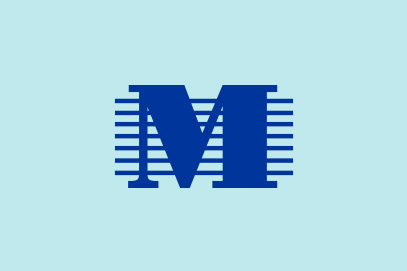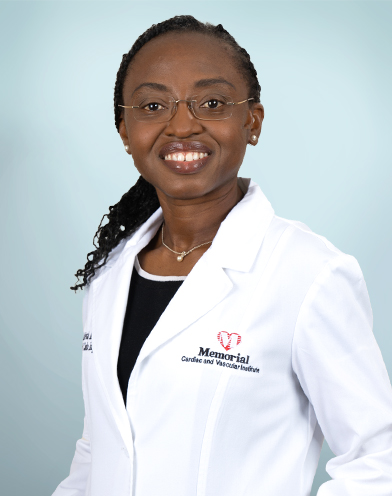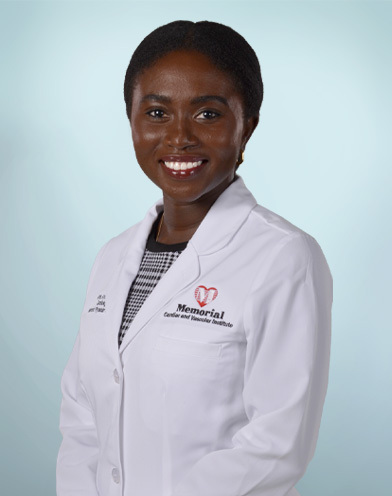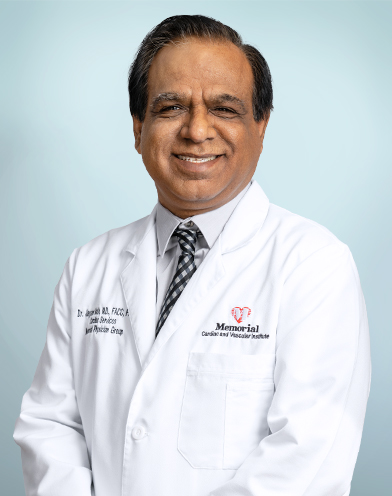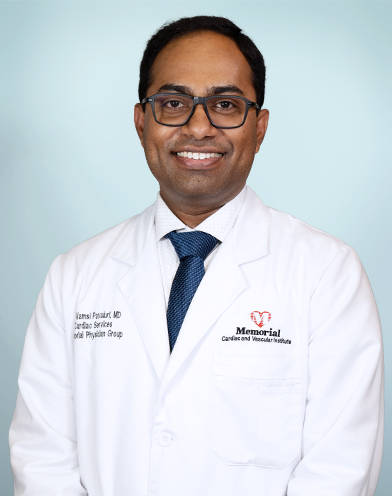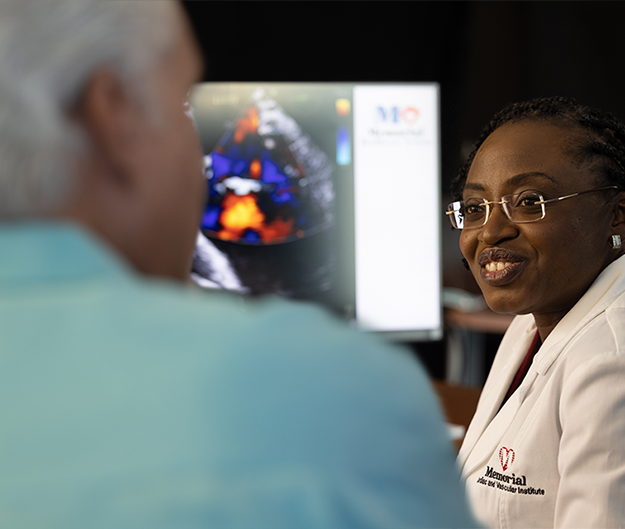
Heart Imaging
Our Level 3 fellowship-trained heart imaging specialists diagnose heart disease using advanced tests such as 3-D echo and cardiac MRI.
Explore Our Heart Imaging Services
Call us for more information or to schedule an appointment
855-400-6284At Memorial Cardiac and Vascular Institute, we use heart imaging every day to diagnose and treat patients. As vital members of our heart and vascular team, Memorial’s cardiovascular diagnostic specialists see patients (and their hearts) at all stages of diagnosis, treatment and recovery.
Our cardiac imaging specialists stand out because they have the most advanced training cardiologists can receive in imaging, which means more accurate diagnoses and personalized care for our patients.
What is the purpose of heart imaging?
Heart imaging is a procedure that captures detailed images of a patient’s heart. These images allow cardiologists to see details of the heart and the blood vessels, equipping them with the information they need to better diagnose and provide treatment.
What happens during a heart imaging procedure?
During this procedure, a heart imaging specialist will take pictures of your heart. The images captured by a heart imaging specialist will help:
- Diagnose and learn more about conditions that affect your heart and blood vessels
- Guide heart surgeons and cardiologists through treatment, including heart surgery
- See the heart after treatments to make sure it’s responding well
- Monitor heart-related conditions
Many heart imaging tests are noninvasive, which means that the imaging is done from outside the body. For more advanced testing, we may need use a catheter inserted into a blood vessel to examine your circulatory system. This is a minimally invasive test.
What is a noninvasive heart imaging procedure?
Noninvasive testing is a diagnostic approach that uses an imaging device outside the body. The most common non-invasive cardiovascular diagnostic tests include:
- Echocardiogram (echo): This diagnostic procedure uses ultrasound waves to create images of the heart. It helps us see how your heart valves are functioning, look at the size of your heart's four chambers, and see if your heart muscle is contracting effectively.
- Electrocardiogram (EKG or ECG): A painless, non-invasive heart monitoring test that measures and records the electrical activity or rhythm of the heart on a piece of paper in order to look for signs of irregularities like palpitations.
- Cardiac magnetic resonance imaging (MRI): Cardiac MRI creates a precise scan of your heart and major blood vessels without radiation. It takes images using a magnet, radio waves and a computer. Our new MRI scanner is wider than normal, which helps reduce anxiety and the feeling of claustrophobia that some patients have.
- Stress perfusion MRI: We use a drug to mimic the stress of exercise on your heart while taking an MRI. This new alternative to other, more invasive tests helps us see how blood flows to the heart during exercise.
- Computed tomography (CT) scans: A CT scan helps us evaluate structures outside the heart, including the veins, coronary arteries, aorta and aortic arch (the part of the aorta that bends). Our CT scanner uses very minimal radiation.
What is a minimally invasive heart imaging procedure?
In minimally invasive tests, we introduce an imaging device inside the body. These tests include:
- Intravascular ultrasound: We use intravascular (inside the blood vessels) ultrasound during cardiac catheterization, a procedure that uses a small puncture in the arm or leg to thread a tiny tube to the heart. The high-frequency sound waves of the ultrasound provide a view inside the arteries.
- Transesophageal echocardiography (TEE): With TEE, we thread an ultrasound probe through the mouth and into your esophagus. TEE lets us see the heart from behind, without the lungs in the way. A TEE gives us more detailed information about your heart than a traditional echo. We use TEE before and after most heart surgeries.
- Intracardiac echocardiography (ICE): ICE is an emerging heart imaging technique that helps us get a clearer picture of the inside of the heart. We sometimes use it during cardiac catheterization.
Why choose Memorial for your heart imaging and cardiac diagnosis?
Memorial uses advanced technology and clinical expertise to care for heart and vascular patients. When you choose us for heart imaging, you are choosing a program that offers:
Our cardiologists have the highest level of training available for specialists in heart imaging. Cardiologists trained to Level 3 know how to provide and read diagnostic tests and what treatments to prescribe.
Our imaging cardiologists have proficiency in patient care and all types of cardiovascular diagnostics. They can choose the right test for each patient’s unique situation, which offers you peace of mind. Often, you may also save time and money by avoiding unnecessary tests.
An echocardiogram (echo) is a noninvasive test that uses ultrasound waves to create images of the heart. Using 3-D echocardiography helps us get an even more accurate picture of the condition of the heart when performing heart imaging. This accuracy is particularly important in treating heart valve disease or preparing for a patient heart surgery. We also offer magnetic resonance imaging (MRI) services, including a stress perfusion cardiac MRI which uses a drug to mimic the stress of exercise while you have a cardiac MRI.
Our TotalHeart approach means we focus on treating the full range of heart conditions. Our diagnostic specialists work with every heart and vascular subspecialty. Imaging experts are part of the team that meets weekly to discuss options for heart valve patients, including TAVR (a minimally invasive procedure to replace the aortic valve). Vascular surgeons also work with imaging to diagnose and treat vascular disease.
Heart imaging test results can have different meanings for athletes, dancers and active adults than for people who aren’t physically active. Our team has extensive experience working with these active adults to interpret their tests accurately. Learn about our sports cardiology diagnostic process.
Call us for more information or to schedule an appointment
855-400-6284
Patient- and Family-Centered Care
We treat patients and family members as partners in healthcare.
It matters to you. It matters to us.
Quality and Safety Data for Memorial Healthcare System
Our goal is to provide our patients with the information they need to make informed choices for themselves and their families.
View Quality and SafetyYou have a right to know about pricing
We want to give you the information you need to make important healthcare decisions, including the costs of our cardiac services.
View PricingMyChart Portal
View test results, schedule follow-up appointments, request prescription refills and more.
Login or Sign-up to MyChart
